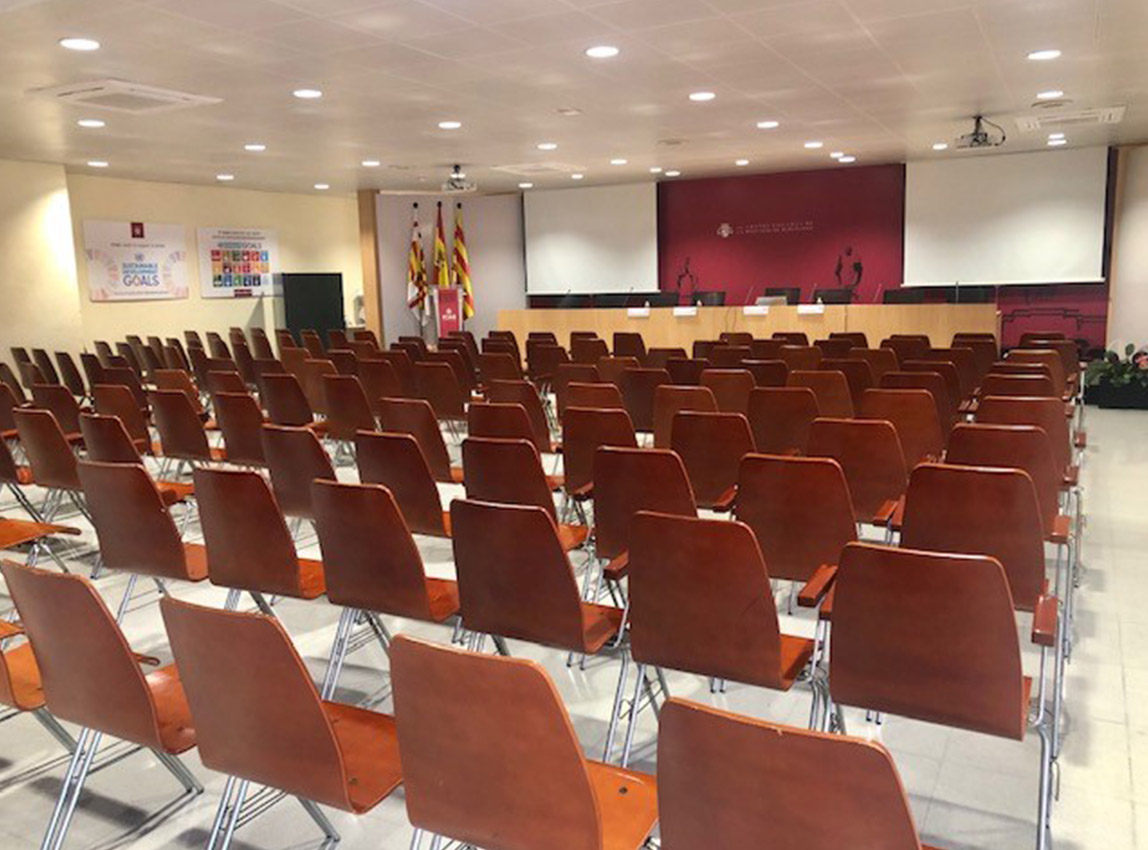
04 Jun What is the Requirement of Procedibility?
In the legal field, the requirement of procedibility refers to a preliminary condition that must be fulfilled before initiating judicial proceedings. Its purpose is to encourage conflict resolution through alternative methods, promoting a more efficient and less congested justice system.
Legal Context: Organic Law 1/2025
Organic Law 1/2025 of January 2nd introduces measures aimed at improving the efficiency of the Public Justice Service. One of its key pillars is the implementation of Appropriate Dispute Resolution Methods (ADRMs) as a prerequisite for admitting claims in civil and commercial matters.
What are ADRMs?
According to Article 2 of the law, ADRMs include:
- Mediation
- Conciliation
- Neutral opinion from an independent expert
- Confidential binding offer
- Collaborative law process
- Any other legally recognized negotiation activity.
These mechanisms aim to resolve disputes out of court, fostering agreements between the parties involved.
Application of the Requirement of Procedibility
Article 5 of the law states that, in general, for a claim to be admitted before a civil court, it is mandatory to have first attempted an ADRM. The attempt must relate to the subject matter of the dispute, even if the specific claims may differ.
The requirement is considered fulfilled if:
- Mediation, conciliation, or a neutral expert opinion is sought
- A confidential binding offer is made
- Any other legally recognized negotiation method is employed
- The negotiation is conducted directly by the parties or their lawyers, or through a collaborative law process.
Additionally, Article 5.2 specifies that this requirement applies to all declaratory proceedings under Book II and to special proceedings under Book IV of Spanish Law 1/2000 on Civil Procedure, with certain exceptions.
Exceptions to the Requirement
The procedibility requirement does not apply in the following cases:
- Judicial civil protection of fundamental rights; measures under Article 158 of the Civil Code
- Judicial support measures for persons with disabilities
- Cases involving filiation, paternity, and maternity
- Summary protection of possession of property or rights
- Requests for demolition of structures in ruin
- Placement of minors with behavioral issues in protection centers
- Bill of exchange proceedings (summary procedures)
- Filing of enforcement claims, requests for precautionary measures, preliminary proceedings, and certain voluntary jurisdiction matters.
Practical Implications
The implementation of this requirement means that parties must prove they attempted to resolve the dispute through an ADRM before taking the case to court. Failure to do so may result in the claim being inadmissible.
To prove compliance, a supporting document must be submitted along with the claim, or a sworn statement in cases where the negotiation could not take place. This is reflected in the amended Article 264 of the Spanish Civil Procedure Act.
Conclusion
The requirement of procedibility established by Organic Law 1/2025 represents a significant shift in the Spanish judicial system. It promotes out-of-court settlement of disputes and encourages a more agile and efficient form of justice. As mediators and conciliators, it is essential to understand and correctly apply these mechanisms to facilitate access to justice and foster a culture of dialogue and agreement.
